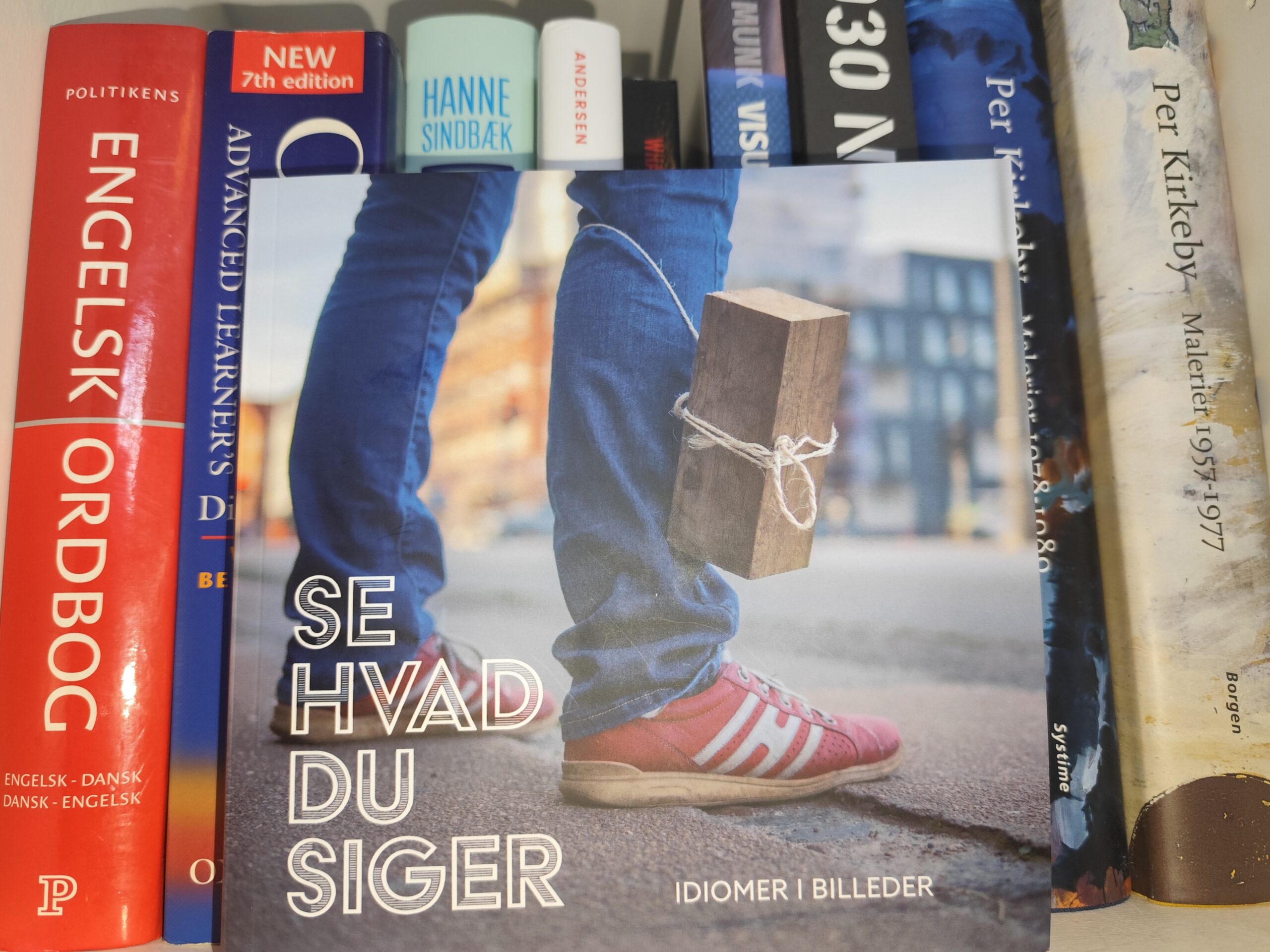New legislation is being set in place to grant lesbian couples the same parental rights as heterosexual couples.
Current regulations dictate that if a lesbian is artificially inseminated by an unknown donor, her partner needs to apply for a so-called ‘second parent adoption’ in order to be legally recognised as a parent. Alternatively, if the insemination is done with a known sperm donor, then the partner of the impregnated mother has to wait two and a half years before applying for adoption.
“The current laws are overly bureaucratic and unnecessary,” Karen Hækkerup (Socialdemokraterne), the minister of integration, told Politiken newspaper. “We need to think about the interests of the child, and make sure that he or she gets the kind of care they deserve after birth.”
If the new law proposal come into practise, lesbian couples would be granted automatic legal guardianship if the child is conceived through artificial insemination. In cases in which the semen of a known donor is used, the parental rights would have be to negotiated between all involved parties before legal ownership of the child is established.
Søren Laursen, a spokesperson for LGBT Danmark, was delighted to hear about the latest developments and hailed Denmark as a pioneer of social equality.
“I’m sure other countries will soon follow suit,” Laursen told Politiken. “This is a real breakthrough in family values. We’ve finally managed to break out of a world in which parental guardianship is exclusively restricted to heterosexual couples. Now gays and lesbians can finally be granted the same rights.”
The government, which will submit the proposal forward for further consultation, already appears to have the majority support needed for the new law to be passed.














